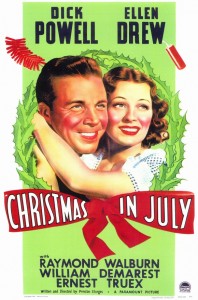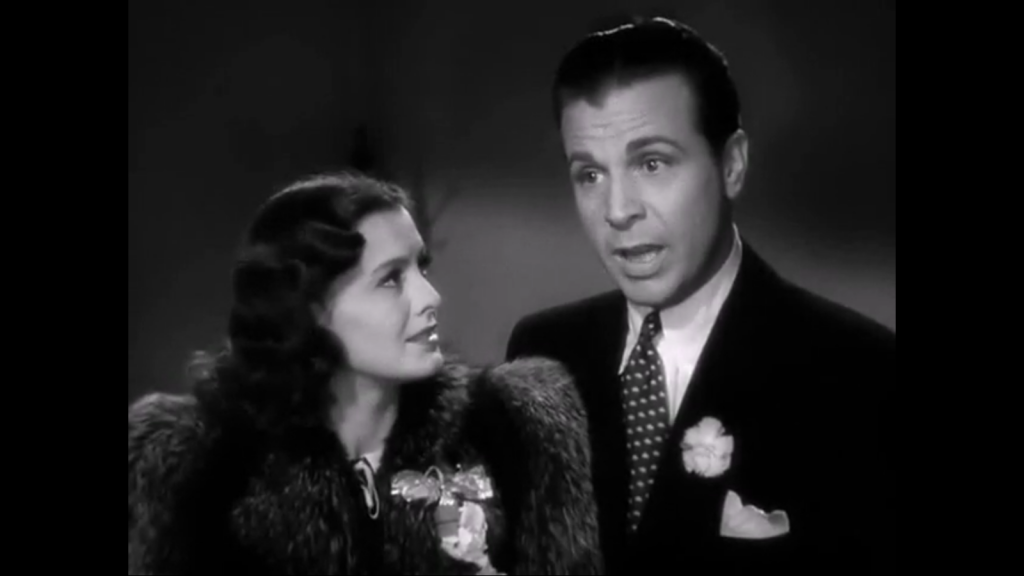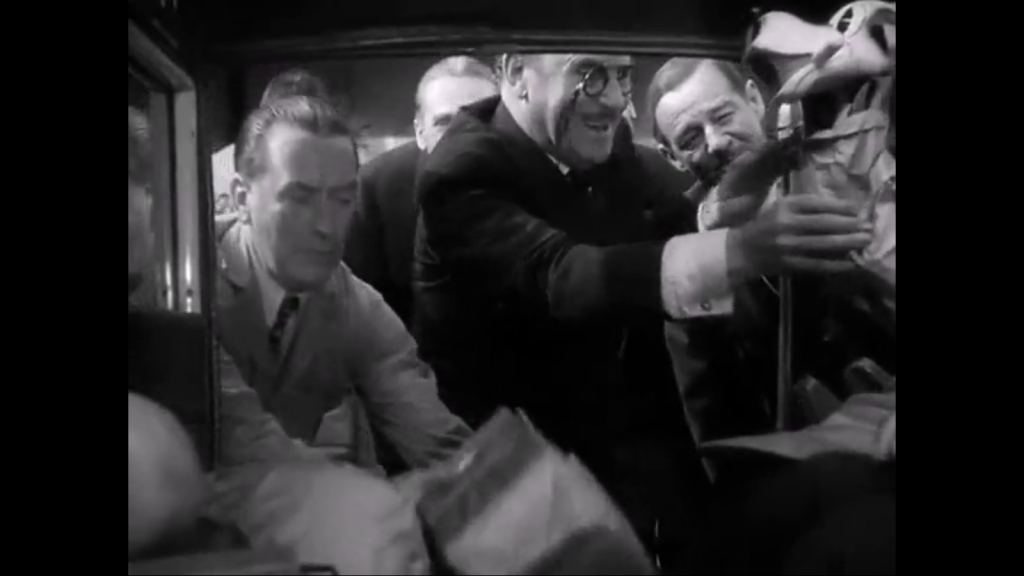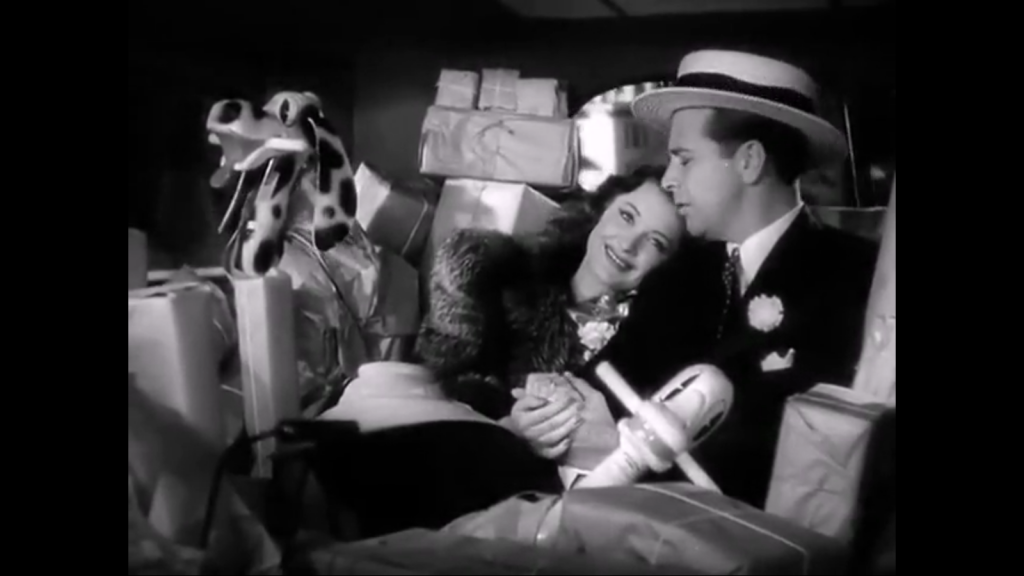Christmas in July (1940)
“Now that you’re a capitalist, I don’t know how you feel about working for a living.”
|
Synopsis: |
|
Genres, Themes, Actors, and Directors:
Review: At just 67 minutes long, the storyline here moves like a breeze, shifting quickly from what looks like it will be simply a painful lesson in undue humiliation (as the ever-hopeful Powell is taken for a ride by several of his naughty co-workers), to an unexpectedly joyful tale of happy coincidence and good luck. Naturally, things must eventually come to a head — but along the way, we’re witness to both the delights of seeing asinine men-in-power made fools of, and deserving underlings given a chance to show their best light. Meanwhile, those who harbor nagging suspicions about the — er, veracity — of the advertising industry need look no further than here to have their suspicions verified; what makes for an “award-winning” slogan has apparently always remained a hotly contested exercise in Emperor’s Clothing. With that said, the film’s ending remains the best one possible, on all counts; watch and see for yourself. Note: Powell and Drew are perfectly cast (and utterly believable) as the central young couple in love, and are surrounded by Sturges’ dependable crew of supporting comedic actors (including the inimitable William Demarest and Franklin Pangborn). Redeeming Qualities and Moments: Must See? Categories
Links: |




One thought on “Christmas in July (1940)”
Yes, a must, as “early evidence”. That said, I find the film somewhat troublesome.
Til now, I hadn’t seen it. I’m a Sturges admirer, but could just never find this one. Had I noticed it being shown or available somewhere, I would certainly have watched it. But what a blessing (at least lately) is YouTube.
For me, ‘CIJ’ takes its time getting off the ground – a good 20 minutes (with some clunker comedy), which can seem a problem for a film so short. To his credit, Sturges makes good to a considerable degree once he kicks in. ‘CIJ’ has two strong points in its favor: the first idea that talent can only be as ‘real’ as it is perceived (as a character says late in the film, “I think your ideas are good because they sound good to me. But I know your ideas are good because you won this contest over millions of aspirants.”); and the subsidiary idea that the corporate world is quite often run by idiots. (My favorite line in the movie comes when Powell is about to be given the check: “I can’t wait to give you my money!”)
A particular problem I have with ‘CIJ’ is the issue of hubris. When Powell thinks he has won the money, he sets out to spend it as fast as he can – the idea being, “I know I’m great now, so money will flow non-stop.” (Apparently something Sturges himself believed.) It’s a little difficult to feel sympathetic toward what appears to be a rather large, unleashed ego. It’s a smaller point, but…Drew’s big speech in the end, which she attempts in order to save Powell’s professional hide. I don’t really buy it; nor do I think the man who is listening to it would, based on what he said just before. (Is she telling the guy to trust his instinct? He has no instinct. Is she merely pleading for Powell to be given a chance? That’s what it seems. I just don’t think the guy would give Powell the chance. He’s an idiot.)
I do like the destruction of the myth of what it means when a black cat crosses your path. And the conclusion is funny.
Overall, I don’t think this is Sturges at his best. But it’s important enough for ffs to see.